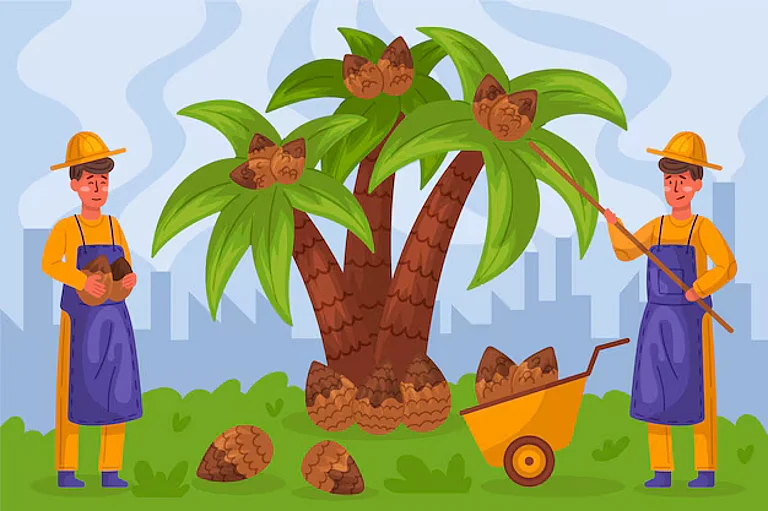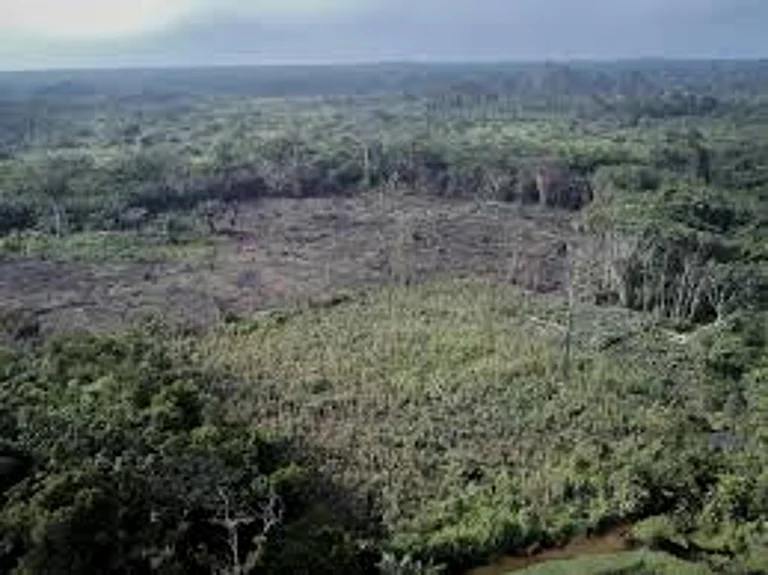Commodities imported from Belarus, Myanmar, North Korea and Russia are going to be categorised as “high risk” of fuelling deforestation under the European Union’s anti-deforestation law, according to Reuters.
Why Belarus, Russia, Myanmar, North Korea Are on EU’s Deforestation Watchlist?
Only four nations face strictest scrutiny under EU’s anti-deforestation law, while major forest countries receive standard risk tag
Major forest nations including Brazil and Indonesia have been spared the rules. Reuters also reported that countries with historically highest rates of deforestation will be labeled as “standard risk”- this means that they will face lighter compliance checks on goods exported to Europe.
The United States was among the countries labeled as “low-risk”, thereby facing less strict rules.
The EU law will apply to soy, beef, palm oil, wood, cocoa and coffee, and some derived products including leather, chocolate and furniture. The EU law will apply from the end of 2025 for large companies, and from June 2026 for small firms.
Companies in high risk and standard risk countries are expected to show when and where the commodities were produced and “verifiable” information that they were not grown on land deforested after 2020.
According to the new regulations, EU countries will be required to carry out compliance checks covering 9% of companies exporting from countries with a high risk of deforestation, 3% from standard-risk countries and 1% for low-risk countries.
Failure to comply could result in fines of up to 4% of a company’s turnover in an EU member state.
Campaigners criticised the EU decision to impose the strictest checks on only four nations, wanting the lower-risk countries to face some, due diligence obligations, cited Reuters.
"In practice, this shouldn't undermine the power of this law to save forests," Giulia Bondi, campaigner at non-profit group Global Witness told Reuters.
Industry Response
Environmental groups have long championed the law’s swift implementation. In October 2024, when the anti-deforestation law was expected to face potential delays, over 225 global NGOs from more than 40 countries urged the European Parliament and EU governments to stay on schedule, reported Mongabay.
Meanwhile, countries in the rules Southeast Asia, Latin America and Africa denounced the EU’s plan as “discriminatory and punitive”, fearing it could disrupt billions in trade, according to ET.

